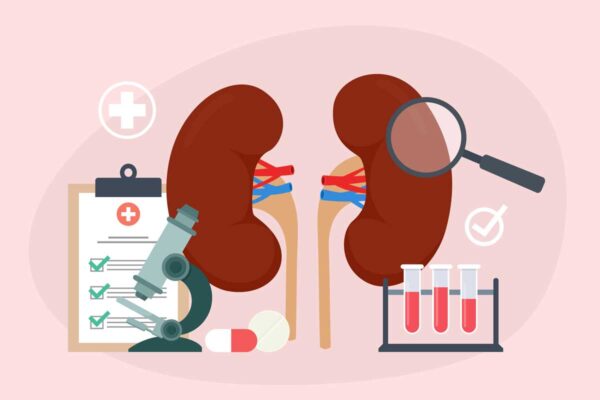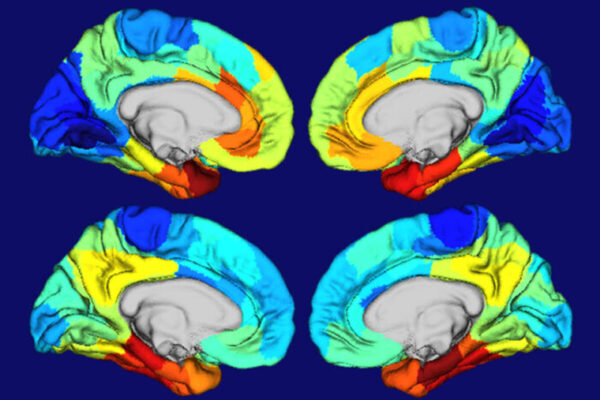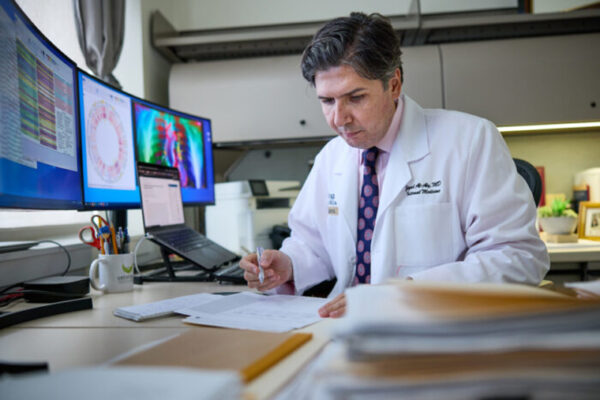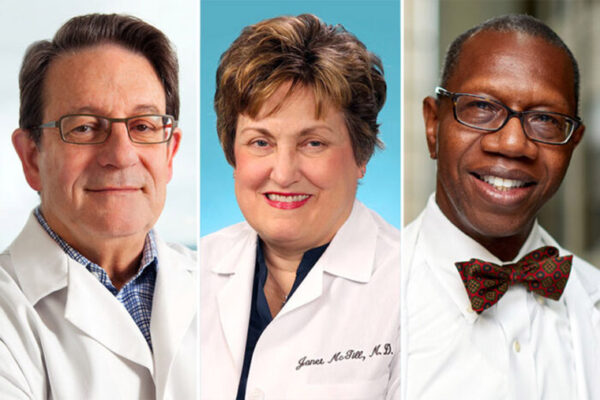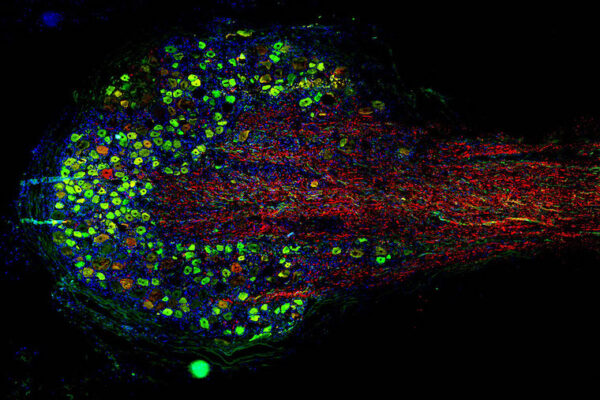Pediatric Center of Excellence in Nephrology established with NIH funding
School of Medicine physician-scientists have received an NIH grant to establish a Pediatric Center of Excellence in Nephrology. The researchers aim to create high-definition molecular reference maps showing genetic details of normal and diseased kidneys during various stages of childhood growth and development.
Abraham, Foraker, Yen elected fellows of informatics society
The American Medical Informatics Association has elected three faculty members at Washington University School of Medicine — Joanna Abraham, Randi Foraker and Po-Yin Yen — fellows of the organization’s American College of Medical Informatics.
Lung infections caused by soil fungi are a problem nationwide
School of Medicine researchers discovered that the three main kinds of soil fungi that cause lung infections have all expanded their ranges in recent decades. Reliance on outdated maps could be causing delayed or missed diagnoses.
Study yields clues to why Alzheimer’s disease damages certain parts of the brain
A study by researchers at Washington University School of Medicine yields clues to why certain parts of the brain are particularly vulnerable to Alzheimer’s damage. It comes down to the gene APOE, the greatest genetic risk factor for Alzheimer’s disease.
Repeat COVID-19 infections increase risk of organ failure, death
A new study from Washington University School of Medicine and the Veterans Affairs St. Louis Health Care system found that repeat SARS-CoV-2 infections contribute significant additional risk of adverse health conditions in multiple organ systems.
COVID-19 widened health disparities in employment, food
A deep dive by researchers at Washington University School of Medicine and the Brown School found gaping health disparities resulting from the COVID-19 pandemic. The study, which looked at St. Louis County residents, shows that Black women suffered disproportionately higher rates of employment loss and food insecurity.
American College of Physicians recognizes three medical faculty
The American College of Physicians has recognized three faculty members at the School of Medicine with national awards honoring excellence and distinguished contributions to internal medicine.
Rejuvenated immune cells can improve clearance of toxic waste from brain
Rejuvenating the immune cells that live in tissues surrounding the brain improves fluid flow and waste clearance from the brain — and may help treat or even prevent neurodegenerative diseases such as Alzheimer’s and Parkinson’s, according to a study by researchers at Washington University School of Medicine.
Researchers bring Body U to schools with HHS grant
The U.S. Department of Health and Human Services has awarded researchers Ellen Fitzsimmons-Craft and Denise Wilfley a grant to help improve outcomes for eating disorders in adolescent girls.
Understanding, treating pain, reducing opioid use, aim of $11.7 million grant
School of Medicine scientists have received a five-year $11.7 million grant to study human genes and nerve cells to better understand how cells transmit pain and to find new ways to treat it.
View More Stories
